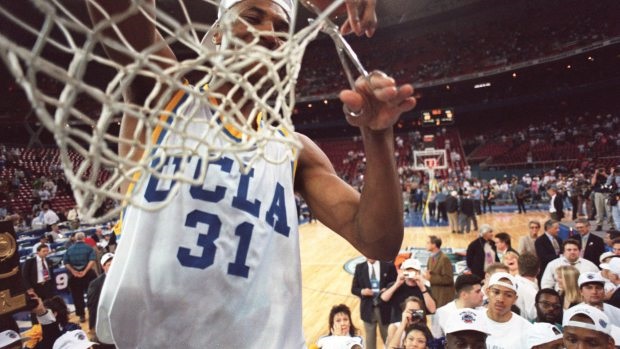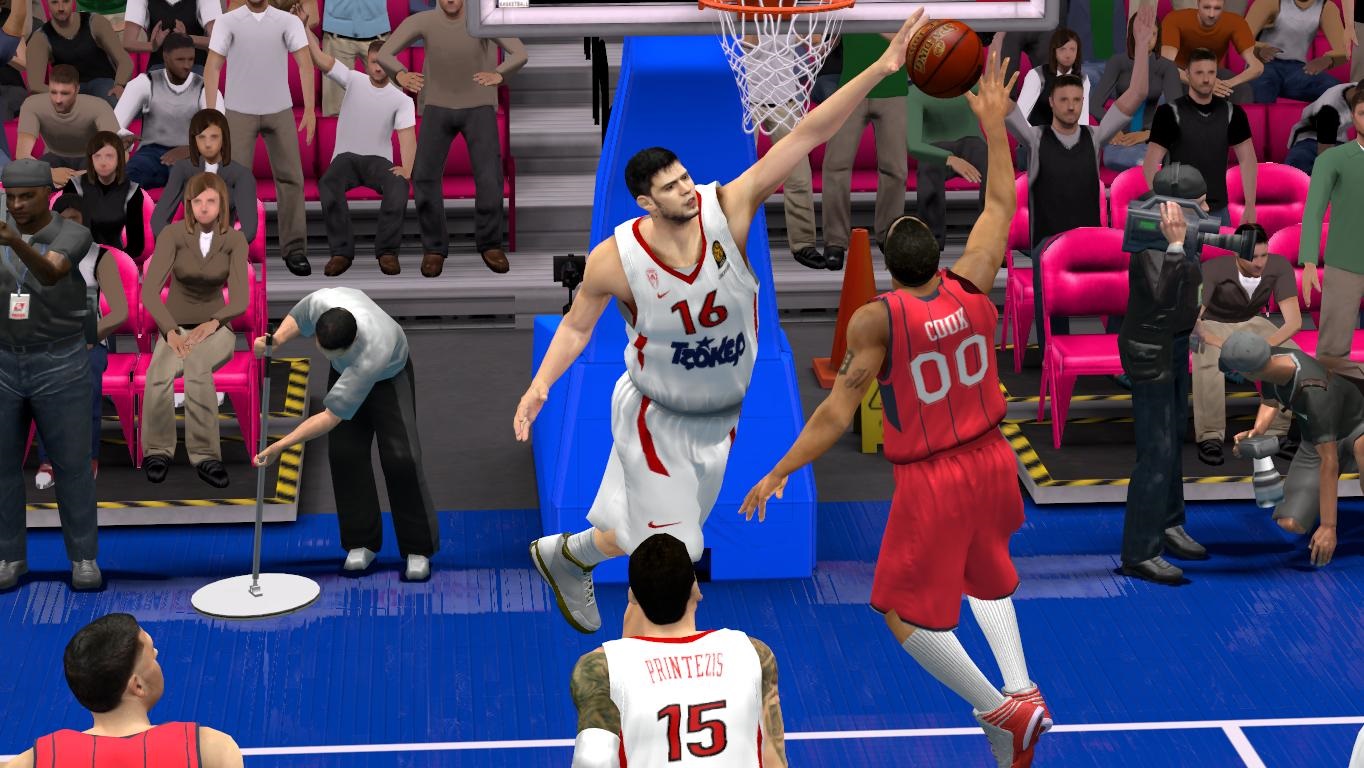Editor's note
Zlatka Koleva is a graduate from the Erasmus University Rotterdam and is currently an Intern at the ASSER International Sports Law Centre.
The decision on appeal in the case
of O’Bannon v. NCAA seems,
at first sight, to deliver answers right on time regarding the unpaid use of
names, images and likenesses (NILs) of amateur college athletes, which has been
an ongoing debate in the US after last year’s district court decision that
amateur players in the college games deserve to receive compensation for their
NILs.[1]
The ongoing struggle for compensation in exchange for NILs used in TV
broadcasts and video games in the US has reached a turning point and many have
waited impatiently for the final say of the Court of Appeal for the 9th
circuit. The court’s ruling on appeal for the 9th circuit, however,
raises more legitimate concerns for amateur sports in general than it offers
consolation to unprofessional college sportsmen. While the appellate court
agreed with the district court that NCAA should provide scholarships amounting
to the full cost of college attendance to student athletes, the former rejected
deferred payment to students of up to 5,000 dollars for NILs rights. The
conclusions reached in the case relate to the central antitrust concerns raised
by NCAA, namely the preservation of consumer demand for amateur sports and how
these interests can be best protected under antitrust law. More...
On 15
April 2014, the Cairo Economic Court (the “Court") issued a seminal
judgment declaring the broadcasting of a football match a sovereign act of State.[1]
Background
In Al-Jazeera
v. the Minister of Culture, Minister of Information, and the Chairman of the
Board of Directors of the Radio and Television Union, a case registered
under 819/5JY, the Al-Jazeera TV Network (the “Plaintiff” or “Al-Jazeera”)
sued the
Egyptian Radio and Television Union (“ERTU” or the “Union”) et
al. (collectively, the “Respondents”) seeking compensation for
material and moral damages amounting to three (3) million USD, in addition to
interest, for their alleged breach of the Plaintiff’s exclusive right to
broadcast a World Cup-qualification match in Egypt. Al-Jazeera obtained such
exclusive right through an agreement it signed with Sportfive, a sports marketing company that had
acquired the
right to broadcast Confederation of African Football (“CAF”) World
Cup-qualification matches.
ERTU
reportedly broadcasted the much-anticipated match between Egypt and Ghana live on
15 October 2013 without obtaining Al-Jazeera’s written approval, in violation
of the Plaintiff’s intellectual property rights.
More...
On 8 August, U.S. District
Judge Claudia Wilken ruled in favour of former UCLA
basketball player O'Bannon and 19 others, declaring that NCAA's longstanding refusal
to compensate athletes for the use of their name, image and likenesses (NILs) violates
US antitrust laws. In particular, the long-held amateurism
justification promoted by the NCAA was deemed unconvincing.
On
14 November, the NCAA has appealed the judgment, claiming that federal judge erred in law by
not applying a 1984 Supreme Court ruling. One
week later, the NCAA received support from leading antitrust professors who are challenging the
Judge Wilken’s reasoning in an amicus curiae. They are concerned that the judgment may jeopardize
the proper regulation of college athletics. The professors argued that if
Wilken’s judgment is upheld, it
“would substantially expand the power of the federal courts to alter
organizational rules that serve important social and academic interests…This
approach expands the ‘less restrictive alternative prong’ of the antitrust rule
of reason well beyond any appropriate boundaries and would install the
judiciary as a regulatory agency for collegiate athletics”.
More...
In the wake of the
French Labour Union of Basketball (Syndicat National du Basket, SNB) image
rights dispute with Euroleague and EA Games, we threw the “jump ball” to start
a series on players’ image rights in international professional basketball. In our first blogpost, we discussed why
image rights contracts in professional basketball became a fertile ground for disputes
when it comes to the enforcement of these contracts by the Basketball Arbitral
Tribunal (BAT). Indeed, we pointed out that clubs might take advantage of the
BAT’s inconsistent jurisprudence to escape obligations deriving from image
rights contracts.
In this second limb, we will open a second
field of legal battles “around the rim”: the unauthorized use of players’ image
rights by third parties. We will use as a point of reference the US College
Athletes image rights cases before US Courts and we will thereby examine the
legal nature of image rights and the precise circumstances in which such rights
may be infringed. Then, coming back to where we started, we will discuss the
French case through the lens of US case law on players’ image rights.

Source: http://philadelphia.cbslocal.com/2013/09/27/ea-sports-settles-college-likeness-case/ More...
A warning
addressed to fans of French teams featuring in the recently launched video game
NBA 2K15: Hurry up! The last jump ball for Strasbourg and Nanterre in NBA 2K 15
may occur earlier than expected. The French Labour Union of Basketball (Syndicat
National du Basket, SNB) is dissatisfied that Euroleague and 2K Games did not
ask (nor paid) for its permission before including the two teams of Pro A in
the NBA 2K15 edition. What is at issue? French
basketball players’ image rights have been transferred to SNB, which intends to
start proceedings before the US Courts against 2K Games requesting 120.000
euros for unauthorized use of the players’ image rights. SNB is clear: it is
not about the money, but rather to defend the players’ rights.[1]
Strasbourg and Nanterre risk to “warm up” the virtual bench if this litigation
goes ahead.

Source: http://forums.nba-live.com/viewtopic.php?f=149&t=88661&start=250 More...